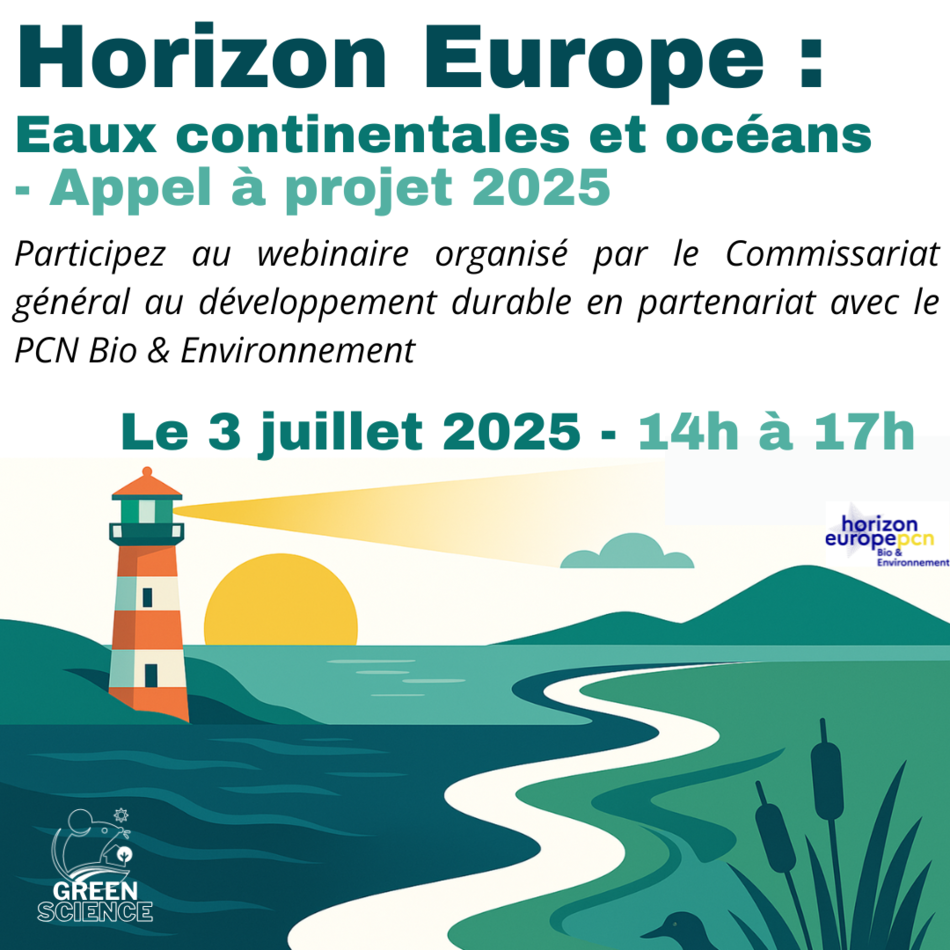Expected Outcome:
Expected outcomes should complement the capacities and uses of the European Digital Twin Ocean (EU DTO) by:
- Solutions to the challenges of marine social-ecological modelling that will allow for their seamless incorporation in the framework of the Digital Twin Ocean, taking into consideration their complex nature. Marine social-ecological models aim to integrate modelling approaches originating from different disciplines, focusing on different levels of analysis and implementing different methodological frameworks in a meaningful way. The challenges include interoperability of transdisciplinary data (ecological, social, economic, legal, etc.); integration of models with different spatial and temporal resolutions, calculation of uncertainties and more.
- Social-ecological models, developed with a multi-actor approach, that would help assess the impacts of environmental changes, human pressures and/or policy implementation on the overall ocean health, blue economy and societal prosperity;
- Improved understanding of complex social-ecological systems, aiming at better management of human activities, policy implementation, responding to societal needs (local communities, economic activities, growing resources needs,…) and avoiding negative outcomes of policies such as the loss of jobs, overfishing, hypoxia, or stock collapse.
Scope:
The vision for the European Digital Twin Ocean is to make ocean knowledge readily available to citizens, entrepreneurs, scientists and policy-makers and to provide them with an innovative set of user-driven and interactive tools, fostered by digital transition, empowering them to collectively share the responsibility of marine and coastal habitats and act on their restoration, to support a sustainable blue economy and to mitigate and adapt to climate change. It aims to provide consistent high-resolution, multi-dimensional description of the ocean: its physical, chemical, biological and social-ecological and economical dimensions, with forecasting periods from season to multi-decades, transforming data into knowledge. This call aims to support the necessary actions and tool developments to appropriately include the social-ecological component of the European Digital Twin Ocean, including the links and interactions with other parts of the system (data, underlying models, ecosystem models, local twins, etc.), the necessary social-economic data considerations and the development of models and other applications to simulate and predict the social and economic part of marine and coastal systems linked to the environmental/ecological components, enabling the development of normative (what-if scenarios) and decision-support tools.
Proposals should address all activities and tasks as described below, in cooperation and complementarity with the linked actions and other relevant actions:
- Address the long-term and reliable accessibility and availability of spatially explicit social and economic data, fit-for-purpose for the development of social-ecological models and other relevant approaches as described below. The social and economic data should be integrated with the available marine data sources and models of the DTO in an interoperable and standardised manner. This should include considerations related to spatial and temporal scale of analysis and data collection, development of methodological protocols to connect socio-economic data with environmental data, etc.
- Development of a wide range of social-ecological models, tools and applications, from simple impact assessment models, to agent-based models, to integrated social-ecological models, with capacity to run and assess a variety of normative (what-if) scenarios, evaluating the impact and long-term effect of environmental change, policy alternatives and management decisions to coastal and marine systems, both environmentally and societally.
- Assessment of existing or development of new parallel frameworks of analysis, other than models (e.g. statistical approaches, AI) to be integrated into the framework of the DTO. As not all aspects of socio-economic systems and behaviours can be assessed through numerical models, other methodologies should be investigated and developed, to ensure inclusion of these parts of the system into the DTO and link them appropriately with the social-ecological models.
- Development of integrated ecological and socio-economic indicators that can be used in the assessment of the impacts of environmental, policy or management change in coastal and marine social-ecological systems.
- Development of new processes and tools for decision-support, participatory management and policy scenarios assessment, including the methodological approaches to effective stakeholders’ engagement.
Proposals should address considerations of social-ecological modelling in the overall framework of the European Digital Twin Ocean, but also develop applications appropriate for use in local Twins (thematic or regional/local scale approaches to twinning).
Proposals should support the Mission’s Blue Parks and Mission lighthouses and efficient ocean stewardship. Projects should collaborate with projects funded under the topic HORIZON-INFRA-2022-EOSC-01-03 to adopt best practices regarding FAIR and open data sharing and benefit from existing EU programmes (e.g. Copernicus, EMODnet, EUROSTAT).





